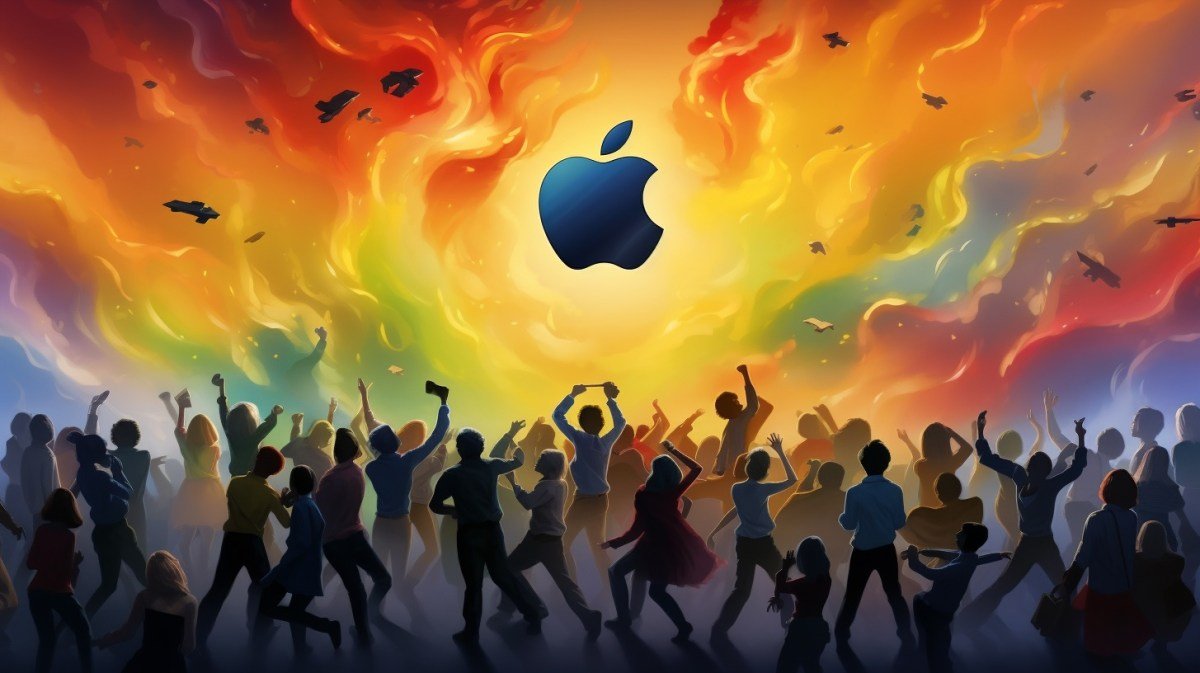For years, Google and Microsoft have been known for showcasing their impressive generative AI capabilities at their annual developer conferences. However, with the highly anticipated debut of Apple Intelligence at next week’s Worldwide Developers Conference, all eyes are now on the Cupertino-based company.
Facing pressure to catch up in the AI race, Apple must impress not only fans but also shareholders. But, in doing so, they must be careful not to overpromise on features.
Reliability first
As one of the most popular technology brands in the world, Apple must ensure that its AI features serve to enhance the functionality of its devices. While many AI-powered features rely on cloud-based technology, Apple may offer some features that can run locally on-device. This could entice users to ditch cloud-based tools in favor of always-available AI. Localized features such as offline transcriptions in the Voice Memo and Notes apps could prove to be valuable additions.
With the expectation of Apple revealing summaries of notifications and web pages, as well as basic text generation and photo editing, it’s important for the company to differentiate their implementation from existing options in the market.
Privacy first
In line with Apple’s commitment to privacy, it’s likely that they will take a cautious approach with their AI features. Reports suggest that only the iPhone 15 Pro and devices with M1 or later chips will have access to AI features, and it will be an opt-in feature. This shows that Apple is aware of the sensitivity surrounding AI and wants to avoid any potential backlash from users.
Recently, Apple faced criticism for their “Crush” ad for the iPad, which was seen as undervaluing creators and their tools by packaging them into a slim capitalist package. With the negative perception of AI among creators, Apple will likely take a non-controversial approach to avoid any further backlash.
Improving Siri
The most significant change expected from Apple is a revamped Siri with improved understanding of user queries and more accurate results. Currently, Siri cannot multitask, causing frustration when trying to complete multiple tasks at once. This revamp should address this issue and make Siri more efficient.
If Siri doesn’t receive deeper access to apps as expected, Apple could introduce an AI assistant to help users create complex Siri shortcuts to accomplish multistep tasks.
Rumors are circulating that Apple may announce a partnership with OpenAI to power their AI features across their operating systems. It’s unclear how much of Apple Intelligence will rely on this deal, especially considering the potential risks associated with AI-generated content.
Many companies have made grand promises about AI-powered features, only to disappoint with errors or biased results. As a result, Apple may be hesitant to rely on large language models for content generation.
In the end, it’s essential for Apple to strike a balance between showcasing their impressive AI capabilities and managing expectations. With the AI race becoming increasingly competitive, Apple must deliver on their promises while maintaining their commitment to privacy and user experience.








